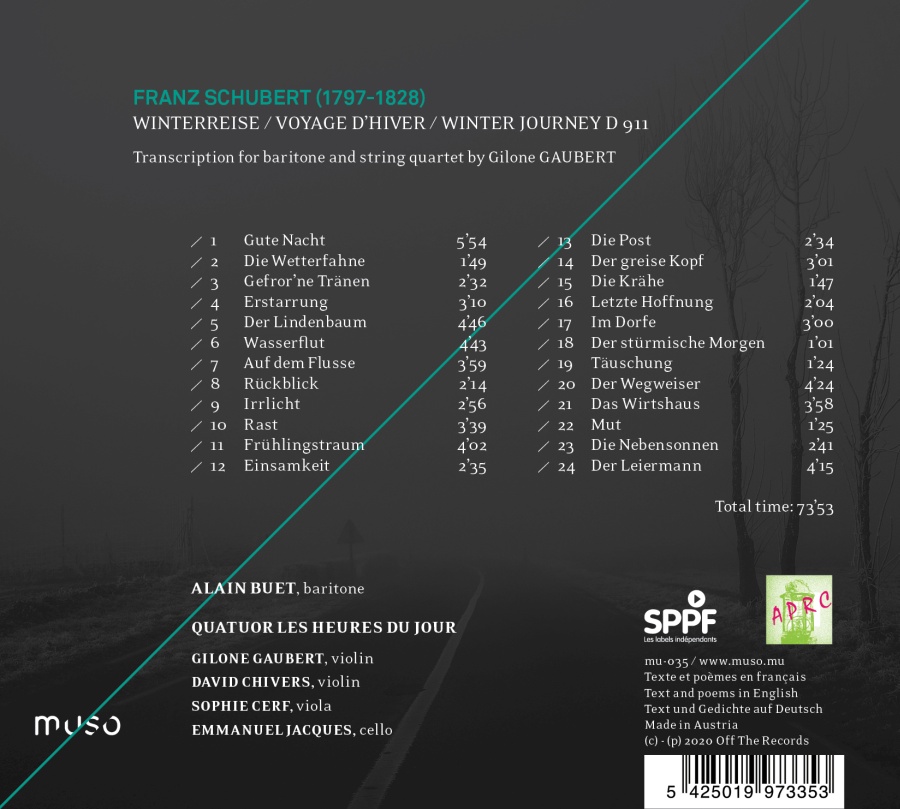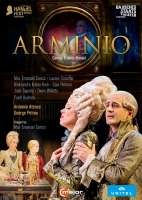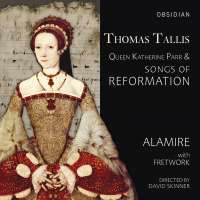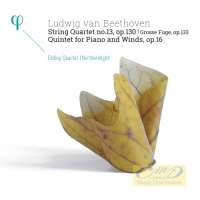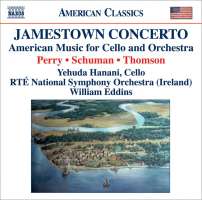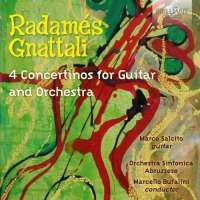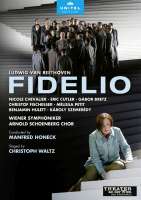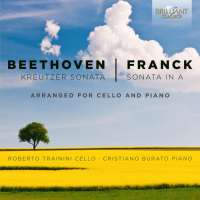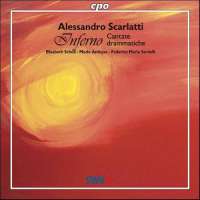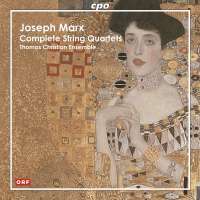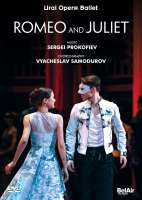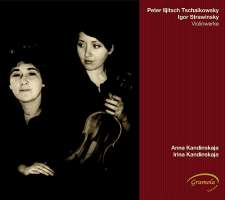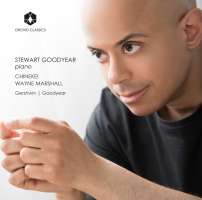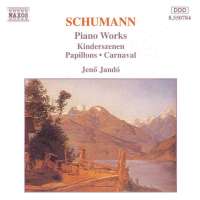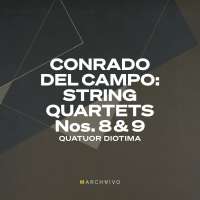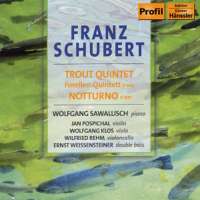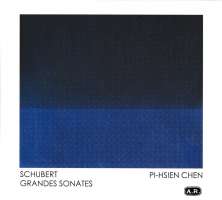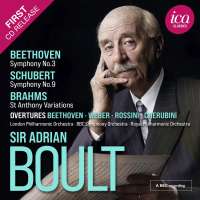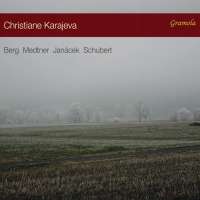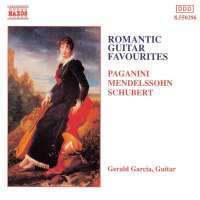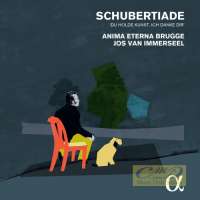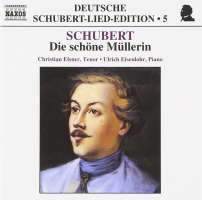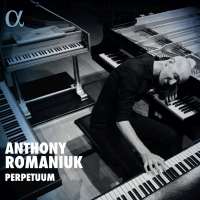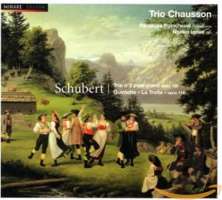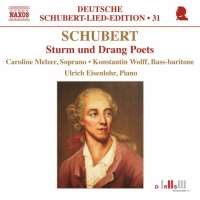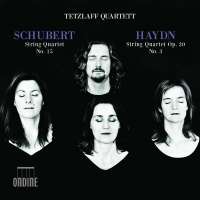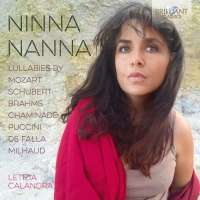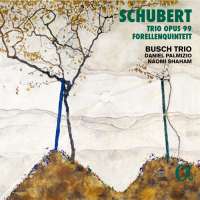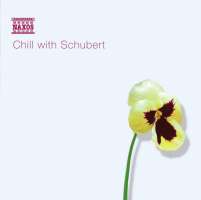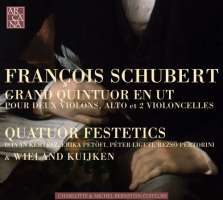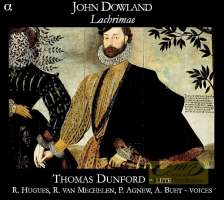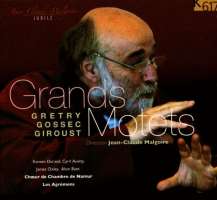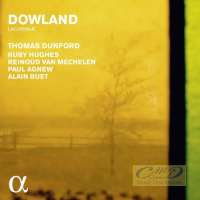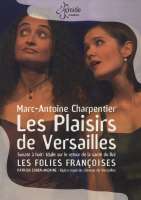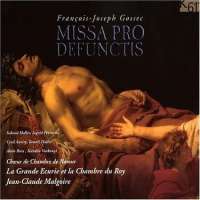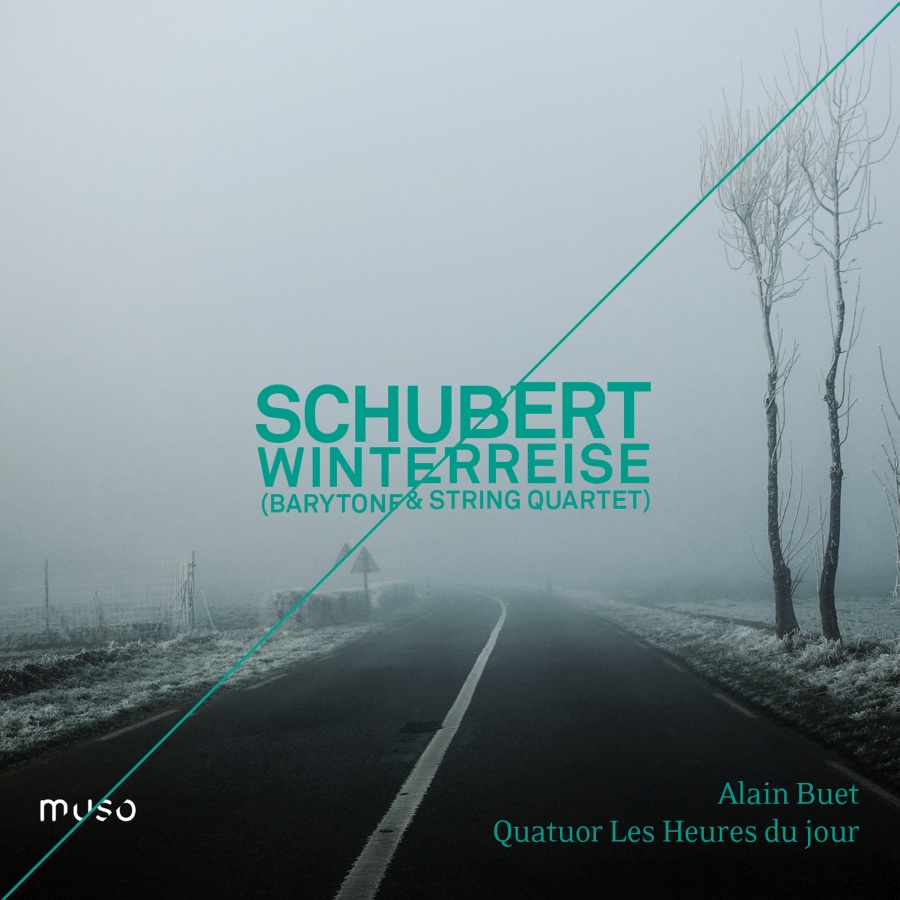
kompozytor
Schubert, Franz
tytuł
Schubert: Winterreise
wykonawcy
Buet, Alain;
Quatuor Les Heures du jour
Quatuor Les Heures du jour
nr katalogowy
MU-035
opis
Far from being prejudicial to the work’s integrity, a transcription of Winterreise for voice and string quartet follows a tradition that enabled the music of Schubert, from 1830, to spread throughout the whole of Europe. The lieder in particular were the object of the most diverse adaptations, with the voice replaced by a cello, a violin, a horn or even a cornet, and the piano part at times orchestrated. Such an approach is therefore perfectly "authentic", even if the juxtaposition of a string quartet and the lied is not the easiest to deal with; the first indeed embodies a noble genre, scholarly, elaborate in style, stylistically complex, whereas the second remains attached to its popular origins and to a simplicity in both the vocal part and the accompaniment. • However, in this transcription by Gilone Gaubert, the wager has paid off and a new colour has been given to Schubert’s absolute masterpiece. The passage from piano to strings does not imply merely a change of tone-colour: if the keyboard’s percussive quality is lost it is in favour not only of the ability to sustain a note but also to vary its colour and intensity during its duration, resulting in very different phrasings and effects. It is thus a transformed expressivity that guides this transcription, as well as a modification of the overall resonance. • The warm, clear voice of the baritone Alain Buet, accompanied by the quartet Les Heures du jour, invites you to delve into this world premiere in a rediscovery of no doubt the most accomplished cycle in the repertory of the lied.
nośnik
CD
gatunek
Muzyka klasyczna
producent
Muso
data wydania
03-02-2020
EAN / kod kreskowy
5425019973353

(Produkt nie został jeszcze oceniony)
cena 79,00 zł
lubProdukt na zamówienie
Wysyłka ustalana indywidualnie.
Darmowa wysyłka dla zamówień powyżej 300 zł!
Darmowy kurier dla zamówień powyżej 500 zł!
sprawdź koszty wysyłki